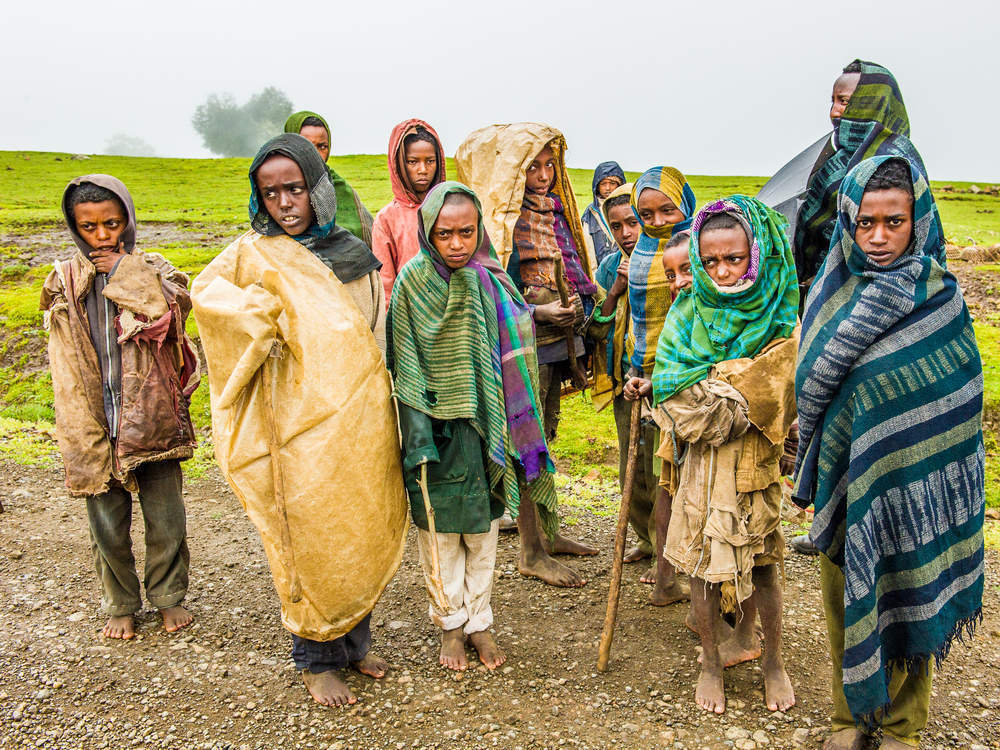
Global hunger levels increased for the first time in more than a decade in 2016.
Some 815m people were chronically undernourished last year — up 38m from 2015, according to the United Nations (UN) Food and Agriculture Organisation’s (FAO) report published in September.
The hunger epidemic is most acute in rural economies across Africa and parts of South Asia where agricultural productivity is low, according to the UN report which highlighted the need to improve farming practices in developing countries.
Those regions, along with other developing countries around the world are home to around 500m farm families who rely on as little as one or two acres of land for their food and income.
Ill-equipped to deal with the effects of climate change, natural disasters and temperature fluctuations can bring poverty-stricken rural communities to their knees.
The FAO’s report provides a clear warning:
How well do you really know your competitors?
Access the most comprehensive Company Profiles on the market, powered by GlobalData. Save hours of research. Gain competitive edge.

Thank you!
Your download email will arrive shortly
Not ready to buy yet? Download a free sample
We are confident about the unique quality of our Company Profiles. However, we want you to make the most beneficial decision for your business, so we offer a free sample that you can download by submitting the below form
By GlobalDataUnless action is taken now to make agriculture more sustainable, productive and resilient, climate change impacts will seriously compromise food production in countries and regions that are already highly food-insecure.
Johanna Ryan is director of social performance at the Vision Fund, a Christian relief, development and advocacy organisation working to financially empower those living in poverty.
She is currently leading projects to help the poorest small farmers in countries like Tanzania, the Philippines and Mexico.
Ryan explained what Vision Fund aims to achieve on Tuesday at The Future of Agriculture Summit in London organised by FT Live.
A small farmer can survive and feed their family with one acre of land. However, if we can bring that farmer three to five acres of land, then we see how much the next generation benefits. The cycle of poverty is broken.
With investment from big financial enterprises, Vision Fund provides farmers with training in basic agricultural techniques and secures insurance for them in case of natural disaster.
Ryan said:
To attract funding from investors, we have to demonstrate our financial sustainability but as a social enterprise we have to show what impact we are having on the ground. How is the community being transformed? We need to prove that there are benefits — whether that means improvements to education or nutrition. How does what we do provide social capital?
Helping farmers in Tanzania
Vision Fund is currently carrying out a pilot in Tanzania involving 4,000 farmers who own between one and three acres of land. According to the Company:
These micro farmers have no assets or credit history. They desperately need protection through insurance.
Each farmer is given a loan of just $100 as well as some technological tools to improve their productivity.
“it’s about transforming the farmer in a rural area into a commercially viable entity,” said Ryan.
However, given the low numeracy and literacy rates across Africa, particularly among the poorest in the region, “making the technology work for people at that end of the spectrum is hard,” she added.
Vision Fund also faces other challenges. The company needs to overcome a number of obstacles before it can secure insurance for farmers.
Ryan said:
Getting insurance for the farmers we are talking about is virtually unobtainable most of the time. So we need to demonstrate the quality of the input the farmers are getting, the training we provide them with and all the checks that every farm is subject to at every stage from planting to harvest.
Insurance for the pilot scheme in Tanzania was secured recently, allowing Vision Fund to expand the project and bring more farmers on board.
Ryan said that farmers in the African country are already benefiting.
Once they receive training in new methods and gain access to insurance, they become less risk-averse and more willing to try out techniques which result in higher yields.
“Productivity goes up very quickly,” she added.







